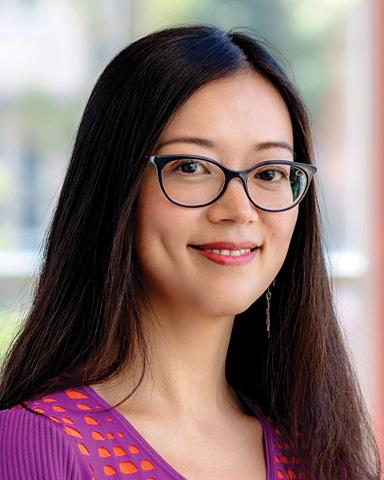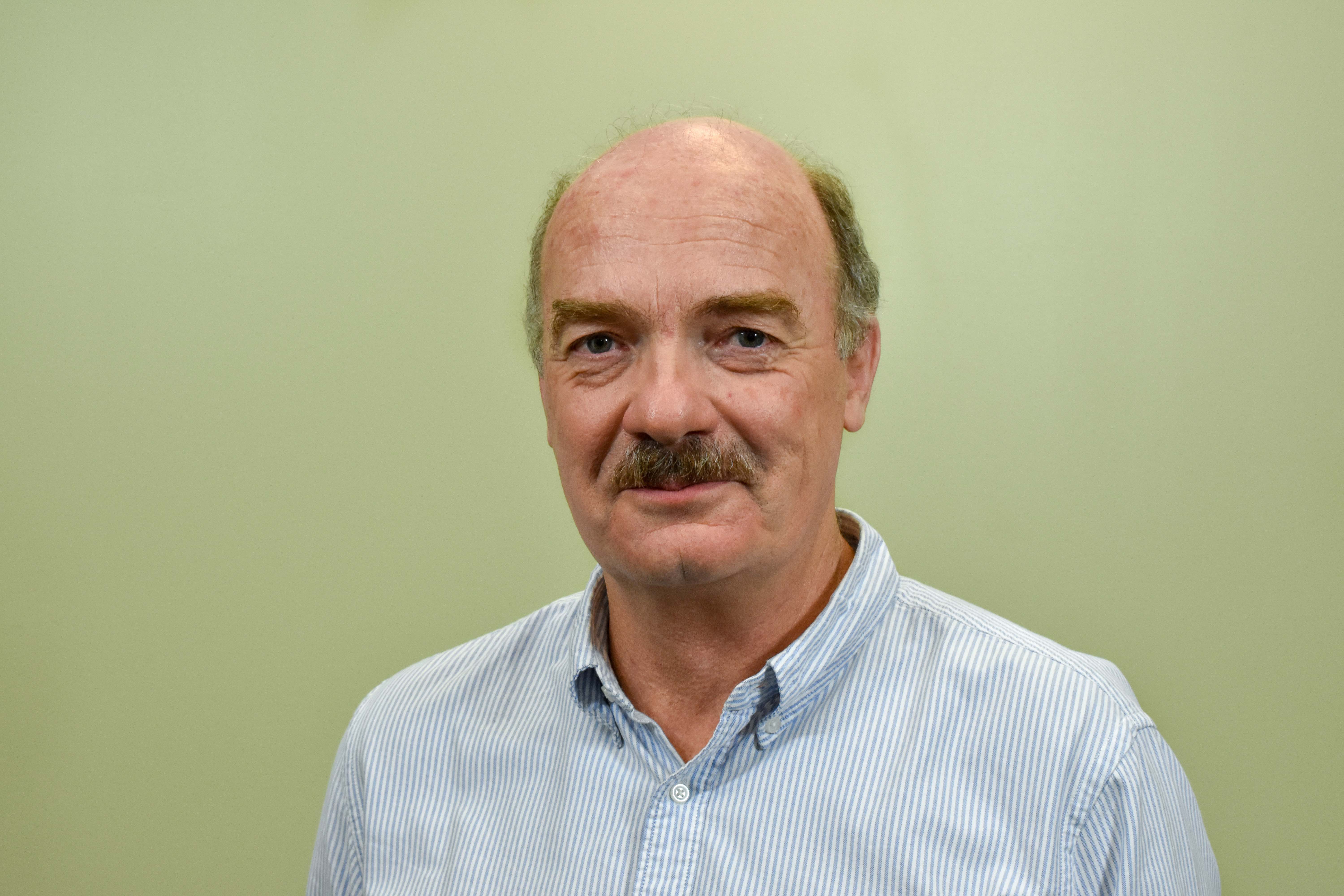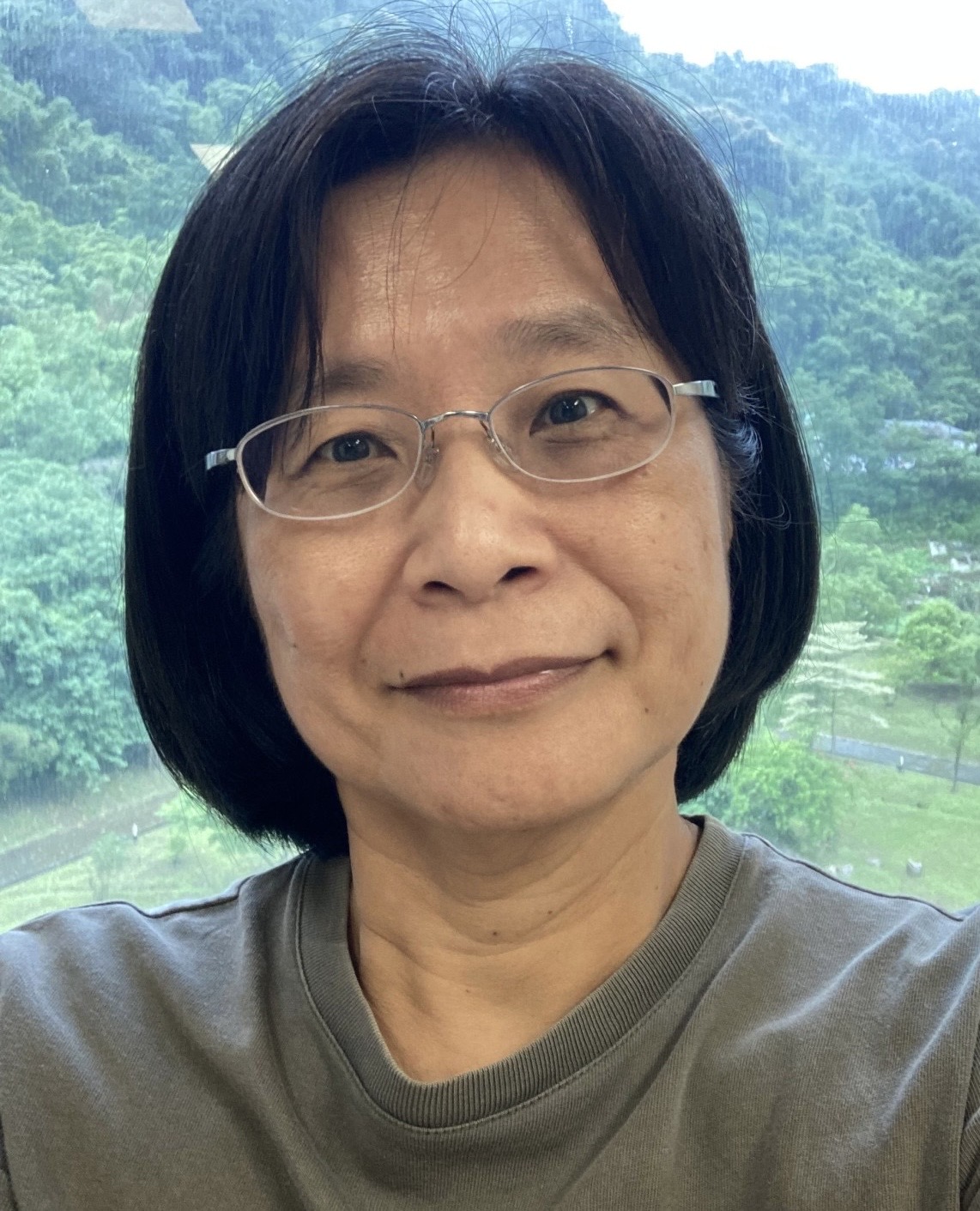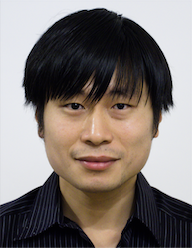About the Conference
The 36th Conference on Computational Linguistics and Speech Processing (ROCLING 2024) is the annual conference of the Association for Computational Linguistics and Chinese Language Processing (ACLCLP). It is a renowned international conference in the fields of natural language processing and speech processing, held annually. With a long history of thirty-five sessions, its research themes encompass various issues and related applications in natural language and speech signal processing. This year's conference will be hosted by Academia Sinica. The conference will feature keynote speeches by invited experts and scholars, as well as contributions from academia and industry, which will undergo a rigorous peer review process. High-quality papers will be presented, and there will also be a presentation of research project results funded by the National Science Council. In recent years, large language models (LLMs) have realized the capabilities of fluent dialogue, responsive interactions, and question comprehension in artificial intelligence, garnering widespread public interest and attention in the development of natural language and speech processing. This year's ROCLING conference anticipates that experts, scholars, and technical personnel interested in natural language and speech will explore the depth and breadth of research and applications in computational linguistics.
Where
Academia Sinica, Taipei City, Taiwan
When
November 4 (Monday) to 5 (Tuesday), 2024
Important Dates
All deadlines are 11.59 pm UTC/GMT +08:00 (Asia/Taipei)
day, 00 month 0000
Call for Papers
ROCLING 2024 invites paper submissions reporting original research results and system development experiences as well as real-world applications. Each submission will be reviewed based on originality, significance, technical soundness, and relevance to the conference. Accepted papers will be presented orally or as poster presentations. Both oral and poster presentations will be published in the ROCLING 2024 conference proceedings and included in the ACL Anthology. A number of papers will be selected and invited for extension into journal versions and publication in a special issue of the International Journal of Computational Linguistics and Chinese Language Processing (IJCLCLP).
Page Limitation
Papers can be written and presented in either Chinese or English. Papers should be made in PDF format and submitted online through the paper submission system. Submitted papers may consist of 4-8 pages of content, plus unlimited references. Upon acceptance, final versions will be given additional pages of content (up to 9 pages) so that reviewers’ comments can be taken into account.
Relevant topics
ROCLING 2024 mainly targets two scientific tracks: natural language processing and speech processing. The generative artificial intelligence topic is also welcomed.
Natural Language Processing
- Cognitive/Psychological Linguistics
- Discourse and Pragmatics
- Dialogue System
- Information Extraction
- Information Retrieval
- Language Generation
- Machine Translation
- NLP Applications
- Phonology, Morphology and Word Segmentation
- Question Answering
- Resources and Evaluation
- Semantics: Lexical, Sentence-Level, Textual Inference
- Sentiment Analysis
- Summarization
- Syntax: Tagging, Chunking and Parsing
- Others
Speech Processing
- Speech Perception, Production and Acquisition
- Phonetics, Phonology and Prosody
- Analysis of Paralinguistics in Speech and Language
- Speaker and Language Identification
- Analysis of Speech and Audio Signals
- Speech Coding and Enhancement
- Speech Synthesis and Spoken Language Generation
- Speech Recognition
- Spoken Dialog Systems and Analysis of Conversation
- Spoken Language Processing: Retrieval, Translation, Summarization, Resources and Evaluation
- Others
Online submission system
Paper submissions must use the official ROCLING 2024 style templates (Latex and Word) and download here. Submission is electronic, using the EasyChair conference management system. The submission site is available at https://easychair.org/conferences/?conf=rocling2024
As the reviewing will be double-blind, papers must not include authors' names and affiliations. Furthermore, self-references that reveal the author's identity must be avoided. Papers that do not conform to these requirements will be rejected without review. Papers may be accompanied by a resource (software and/or data) described in the paper, but these resources should be anonymized as well.
Programs
Humanities and Social Sciences Building (HSSB) of Academia Sinica
Registration Location: 3rd floor of HSSB
Opening Ceremony Location: 1st Conference Room
Keynote I Location: 1st Conference Room

Subject: Making Large Language Model’s Knowledge More Accurate, Organized, Up-to-date and Fair
Coffee Break Location: outside the 1st Conference Room
Oral Session I (Thesis Award Winners' Presentation)Location: 1st Confernece Room
- An Investigation into the Key Feature Extraction for Emotion Recognition and Imputation of Multi-modal Missing Data in Digital Phenotyping for Bipolar Disorder Assessment
- Revisiting Modeling and Evaluation Approaches in Speech Emotion Recognition: Considering Subjectivity of Annotators and Ambiguity of Emotions
- Diffusion Model for Non-Autoregressive Speech Recognition
- Developing the First Taiwanese Hokkien Large Language Model: Cross-Lingual Data Augmentation in a Low-Resource Context
LunchLocation: 4th floor of HSSB
ACLCLP AssemblyLocation: 1st Conference Room
Oral Session IILocation: 1st Conference Room
- 利用大型語言模型改寫中文教育文本可讀性:策略與挑戰 (Rewriting Chinese Educational Materials to Change Readability Levels with Large Language Models: Strategies and Challenges) (#17)
- Quantity Affects Quality: Instruction Fine-Tuning on LLM’s Multiple-choice Question Abilities (#6)
- Collision Care Guide based on Large Language Models 基于LLM的交通事故諮詢助理 (#32)
- Reformulating Programming Assignments: Balancing Correctness and LLM Resistance (#18)
Oral Session IIILocation: 2nd Conference Room
- Course Stage Recognition for Online Course Recordings Using Spoken Language Understanding (#39)
- Speaker Change Detection Using Ensemble Prediction in Conversations (#16)
- Frequency Following Response: A Window into Auditory Processing and Learning (#30)
- Advanced Personal Voice Activity Detection through Attention Score module with Conformer Block and FiLM Layers (#29)
- Design and Development of a Speech Assistive Device for Esophageal Speakers (#27)
Coffee Break Location: outside the 1st Conference Room
TutorialLocation: 1st Conference Room

Subject: Mastering Retrieval-Augmented Language Model: Unlocking Advanced Retrieval Techniques
BanquetLocation: Bei Yun Restaurant (院內北雲餐廳)
Keynote II Location: 1st Conference Room

Subject: The Future of Research in the Era of LLMs
Coffee Break Location: outside the 1st Conference Room
TAIDE SessionLocation: 1st Conference Room
-
Designing Tasks, Creating Datasets, and Evaluating: Essential Steps for LLM Deployment and Taiwan's AI Foundry
-
重大傷病個案管理師 Case Manager Twin
-
Empowering Legal Case Retrieval with TAIDE
-
The Development of Multimodal TAIDE Models
Oral Session IVLocation: 1st Conference Room
- Enhancing Protein-Protein Interaction Recognition Accuracy in Large Language Models through Sentence Reduction and Few-Shot Learning (#24)
- Product Matching Across E-Commerce Platforms Based on Product Names (#36)
- 基於社群媒體情緒與圖神經網路進行股票趨勢預測 (#31)
- 殘差模組結合擠壓與激發注意力機制改進少樣本道路警報偵測模型 \\ Residual Modules Combined with Squeeze-and-Excitation Attention Mechanism for Improving Few-Shot Road Alert Detection Model (#3)
- Enhancing Automatic Speech Recognition for Chinese Medical Speech Using Masking-Enhanced Language Model Correction (#25)
Oral Session VLocation: 2nd Conference Room
- 中文教育廣播情緒語料庫 (A Chinese Education Broadcast Emotion Corpus) (#38)
- FineWeb-zhtw: Scalable Curation of Traditional Chinese Text Data from the Web (#8)
- Design of a Taiwan Taigi Treebank Aligned on Mandarin and Teochew Translations (#14)
- Unveiling Language-Driven Political Stances in Large Language Models on China and Cross-Strait Relations (#37)
- Applying Generative Language Models to Generate Synthetic Medical Records: ChaVinci (#35)
LunchLocation: 4th floor of HSSB
Poster SessionLocation: 4th floor of HSSB
- Selecting Better ChatGPT prompts for NLP Tasks (#4)
- Decremental Learning for Domain Adaptation in Neural Machine Translation (#5)
- Application of Large Language Model-Based Prompt Engineering for Key Information Extraction from Audio-Visual Content (#7)
- 圖片描述技術輔助文本於可讀性模型準確度之研究 Evaluating the Accuracy of Image Captioning Technology in Enhancing Text Readability Models (#9)
- Assessing the Necessity and Impact of Localized Traditional Chinese Function Calling Benchmarks (#13)
- Donation Intention Classifications Task in Non-Profit Organizations Based on Document Classification Techniques (#12)
- Combining Topic and GNN Models for Text Classification (#23)
- Beyond Fine-Tuning: A Non-Parametric Approach to Distractor Synthesis for Multiple-Choice Questions (#21)
- 中文文章級別人物關係擷取之研究 (#34)
- 基於時序模型和圖神經網路之NBA季後賽勝負預測 (#28)
- A Comparative Study of Multi-document Summarization Techniques (#10)
Oral Session VI (Best Paper Session)Location: 1st Conference Room
- Exploring the Reliability and Potential Enhancements of the English Pronunciation Assessment System: EZTalking (#1)
- Elementary Discourse Units Segmentation of Spontaneous Speech : LLM-based experiments for French, Taiwan Mandarin and Taiwan Southern Min (#22)
- Chinese Medical Context Speech and Text Corpus: Mes2023-SpeechDataset (#26)
- To What Extent Do LLMs Understand A Verdict?A Case Study on Traffic Accident Information Extraction 大型語言模型對判決理解的探討:以交通事故資訊擷取為例 (#33)
- A Cross-Lingual Statutory Article Retrieval Dataset for Taiwan Legal Studies (#20)
- 應用預訓練語言模型於病患就醫科別推薦之效益分析 (#19)
Closing Ceremony Location: 1st Conference Room
Presentation Guidelines
For Oral Presentations:
- Presentations may be conducted in either English or Chinese.
- Each presentation will be allocated 20 minutes for the presentation itself, included a 4-minute session for questions and answers, and an additional 1-minute break for a change of speakers.
- Presenters are kindly requested to introduce themselves to the session chairs before the commencement of their oral session.
- Each room will be equipped with:
- A laptop computer (Windows OS), which can load PPT and PDF
- A projector
- A shared Internet connection
- an audio system
- The display connectors for the screen are both HDMI and VGA.
- Presenters who want to use their laptop for their presentation must bring their adapter to connect to the HDMI/VGA cable and any audio connectors if they have a non-standard audio-out port.
- Before the session, presenters should inform the session chair and test that their computer and adapter work with the projector in the room.
- A wireless internet connection will be available in the presentation rooms.
For Poster Presentations:
- Posters are in A1 size (59.4 cm wide x 84.1 cm high, or 23.4 inches x 33.1 inches).
- Presenters are advised to mount their posters before the start of the session and dismount them after the end of the session.
- Materials to fix the posters will be available on-site.
Registrations
Time Zone: UTC/GMT +08:00 (Asia/Taipei)
Early
Registrations
Before October 11, 2024
Regular
- ACLCLP Member: NT$ 5,000
- ACLCLP Non-Member: NT$ 6,000
Student
- ACLCLP Member: NT$ 2,000
- ACLCLP Non-Member: NT$ 2,500
Late
Registrations
October 12 - October 27, 2024
Regular
- ACLCLP Member: NT$ 5,500
- ACLCLP Non-Member: NT$ 6,500
Student
- ACLCLP Member: NT$ 2,500
- ACLCLP Non-Member: NT$ 3,000
On-Site
Registrations
November 4 - 5, 2024
Regular
- ACLCLP Member: NT$ 6,000
- ACLCLP Non-Member: NT$ 7,000
Student
- ACLCLP Member: NT$ 3,000
- ACLCLP Non-Member: NT$ 3,500
註冊說明
- 一般參與者且不具學生身份者需註冊 Regular Fee。一般參與者且具學生身份者可選擇註冊 Student Fee。
- 每篇會議論文(包含shared tasks)的發表至少要有一位作者在早鳥註冊截止前繳交一般報名費 (regular fee)。
- 報名費含大會午餐、茶點及晚宴,報名費一經繳費後恕不接受退費,會後將郵寄相關資料予報名者。
- ACLCLP Member 為「中華民國計算語言學學會」之有效會員。
- 本年度尚未繳交年費之舊會員或失效之會員,與會身份/Category請勾選「….(會員+會費)」,勿再重複申請入會。
- 非會員欲同時申請入會者,請先至學會網頁之「會員專區」申請加入會員;報名時「與會身份/Category」請勾選「….(會員+會費)」。(前往會員專區)
- 以「學生新會員」及「學生非會員」身份報名者,請於報名時上傳學生身份證明。
- 贊助單位敬請於10月27日前完成報名手續。
- 報名費收據將於會議當日報到時交付。
Registration Details
- A regular fee must be paid by the general participants (not a student). Students (general participants) can choose to pay the student fee.
- Before early registration due, each publication paper (including shared tasks) must have at least one author pay a regular fee.
- Registration fee includes lunches, coffee breaks, and banquet. Registration fees are non-refundable.
- International registrants have to pay by credit card only (Visa or MasterCard). Receipt will be provided on-site.
- A copy of a valid student ID must be uploaded into the system when registering as a student.
- Sponsor should be registed before October 27.
報名及繳費期限
- Early Registration: 10/11 以前,報名費應於 10/17 前繳交。
- Late Registration: 10/12 至 10/27 ,報名費應於 10/28 前繳交,線上刷卡繳費者需於 10/31 前完成繳費。
- On-Site Registration: 10/27 線上報名截止,擬參加者,請至大會現場報名。
Important Dates for Registration
- Early Registration due by October 11. Payment must be received before October 17.
- Registration between October 12 and October 27. Payment must be received before October 31.
- The registration site will be closed on October 27. After that, please register on-site.
Methods of Payment
-
郵政劃撥/Postal
戶名:中華民國計算語言學學會
帳號:19166251
同一單位多位報名者可合併劃撥,請於劃撥通訊欄中註明「ROCLING及註冊編號或報名者姓名」 - 線上刷卡繳費/credit card on-line。
For registration inquiries, please contact
- 聯絡人:何婉如 小姐(中華民國計算語言學學會/ACLCLP)
- E-mail:aclclp@aclclp.org.tw
- Phone Number: 02-27881638
Organization
Conference Chairs

Shu-Chuan Tseng
Academia Sinica
tsengsc@gate.sinica.edu.tw

Yu Tsao
Academia Sinica
yu.tsao@citi.sinica.edu.tw

Hen-Hsen Huang
Academia Sinica
hhhuang@iis.sinica.edu.tw
Program Chairs

Yao-Chung Fan
National Chung Hsing University
yfan@nchu.edu.tw
Keynote Chair

Chia-Hui Chang
National Central University
chia@csie.ncu.edu.tw
Organized by
Conference Venue
Conference venue location info and gallery
Humanities and Social Science Building (HSSB), Academia Sinica.
No. 128, Sec. 2, Academia Rd., Taipei, Taiwan 11529
Transportation
中央研究院人文社會科學館
11529 台北市南港區研究院路二段128號
交通資訊
https://maps.app.goo.gl/KA58akfRtiFHbN6F6











